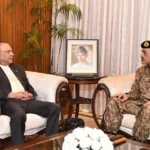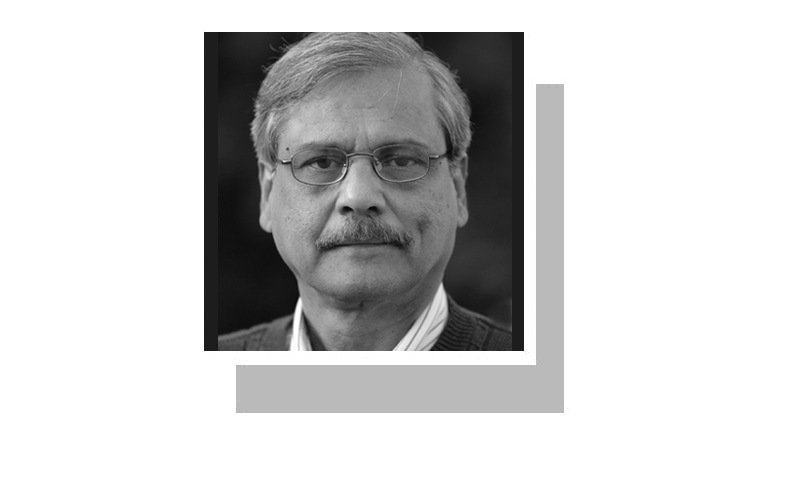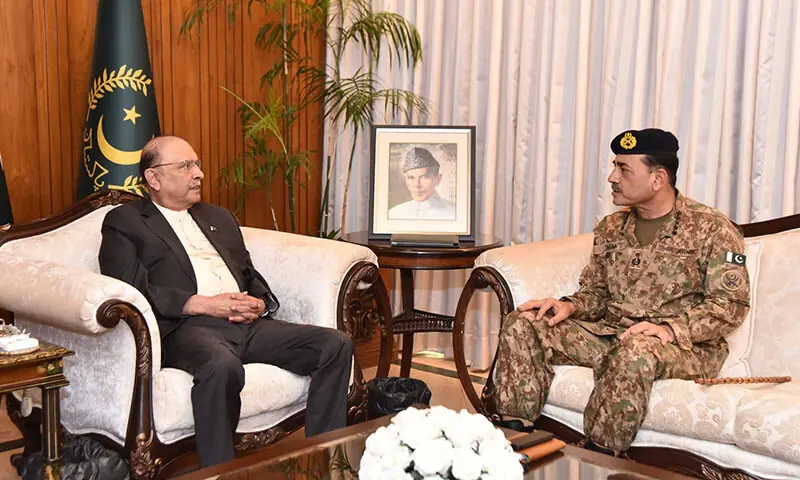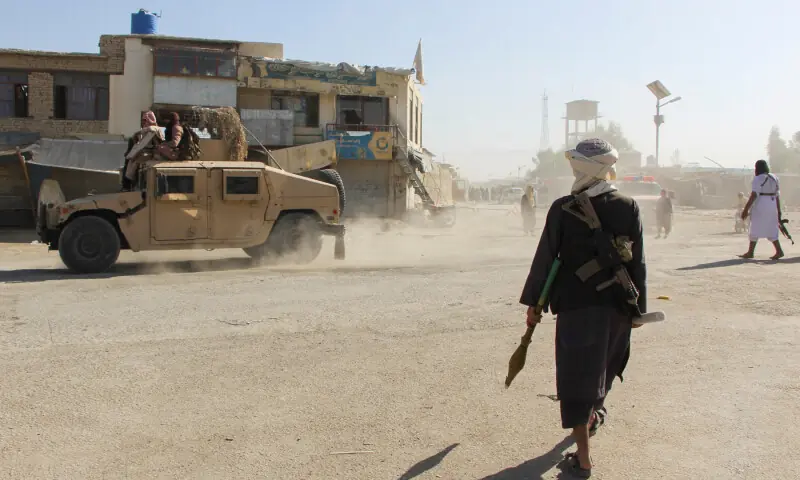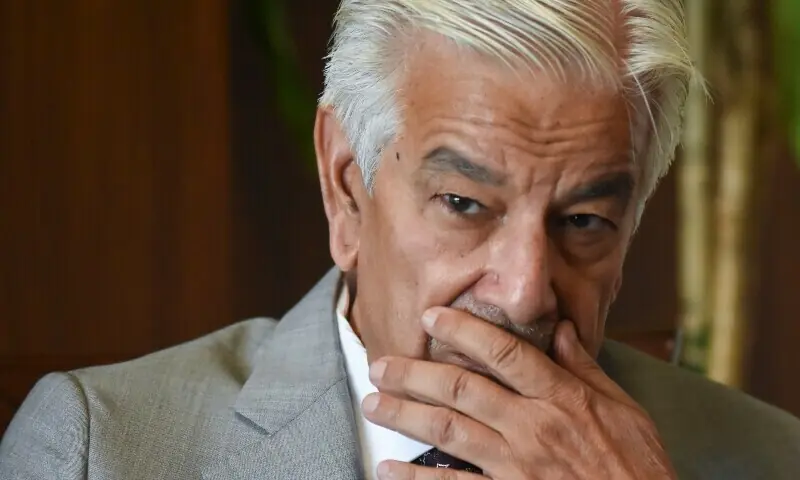Pakistan, who has one of the world’s greatest armies, has become a formidable military power. The robust response of the army to the aggression of India in May of this year demonstrated his skill.
In fact, a strong army makes a country safer against external aggression. However, this is not enough to provide full security to a nation whose economy is in a perpetual state of crisis and where about 45 percent of the population lives below the poverty line for some estimates.
According to the latest UN Report, Pakistan currently occupies the 168th place in 193 countries in the Human Development Index (HDI). (The only other country in southern Asia even lower in the category of human development is Afghanistan).
More than 23 million children are out of school. It is a terrifying place for a country that has the highest population growth rate in the region. About 80 million people are added to the population every year, so it is an explosive situation.
The growing inequalities between rich and poor, and among the regions, have weakened the country, presenting the greatest challenge to national security, rather than any external threat. As Economists Acemoglu and Robinson said in their seminal book why nations fail, “extractive institutions”, aimed at benefiting a small elite, result in stagnation and perhaps even a state failure.
In addition, they argue that the long -term success of a nation depends on “inclusive political and economic institutions”, which foster broader participation. This concept must be seen in the context of Pakistan with its failed institutions and the capture of elite. To prevent state failure, we need to change our perception of national security and go beyond our traditional defense approach; We must analyze a broader range of threats and vulnerabilities, including economic, social and environmental factors. But the question is: are we willing to change priorities?
The kinetic operations that are carried out for more than two decades have not been able to eradicate the militancy.
Pakistan faces its most serious internal security challenges, with two provinces strategically located in the midst of an insurgency and the State losing its order in much of these regions. In the last two decades, Pakistani security forces have been fighting insurgents with little success. The State has depended almost exclusively on kinetic operations, without addressing the root cause of public discontent that is feeding the insurgency.
The successive military and civil leaders have not been able to see the interconnection between insurgency and social and economic backwardness. The problematic regions are not only deprived of health, education and employment facilities, but do not even have political rights. The relentless use of kinetic force has further away to the population.
Analysts who work in the next research linked to the subject have indicated that among the most vulnerable districts are two former districts of Fata and Kohistan in KP, plus 17 districts in Baluchistan, including the most vulnerable districts of Washuk, Khuzdar, Kohlu and Zhob. It is not surprising that they are centers of the in progress.
Regional inequalities seem more marked when we learn that among the 20 less vulnerable districts, 13 are Punjab, four from Sindh, two of KP, and neither of the two of Baluchistan. An overview of the facts throws more light on the unequal distribution of resources: Punjab, the bastion of power, takes the part of the lion; Baluchistan and the newly merged districts in KP get only one drip.
The growing regional inequalities and vulnerabilities are reflected in the lack of communication and transportation facilities in Baluchistan, the largest province in the country in terms of area. Several contiguous district populations are deprived of easily accessing roads, transport facilities, including phones. It is a different case in Punjab, where there is much better access to these facilities, especially in the north and central areas.
In addition, both KP and Baluchistan have much lower accessibility for health facilities and community health services. Then there is also a greater internal disparity between the districts within the province. In the most vulnerable districts, the distance to the nearest health center can be more than 30 kilometers.
These districts in KP and Baluchistan have unemployment rates and higher proportions of people who work as unpaid family assistants. This is another indicator of fragile living.
Researchers estimate that more than 65 % of the population in the vulnerable districts of Baluchistan inhabit temporary or improvised homes; 50pc do not even have bathing facilities; and 40pc must do without the appropriate water facilities. In this context, it is not surprising that young people in large quantities are easy recruits for militant groups in the province.
What seems to have worsened the situation in vulnerable districts is the complete denial of even basic democratic and human rights for people, which explains why kinetic operations that are carried out for more than two decades have not been able to eradicate militancy.
Surely, this also provides a favorable environment for external forces to be entrusted, especially with a alienated population that does not have much interest in the existing system. The entire narrative of the State is from the foreign hand; The difficult situation of people who cannot access even basic facilities is not mentioned.
Unfortunately, the State has never prioritized the development of human infrastructure in the country, as reflected in its abysmal HDI classification. The expense in the education and health sectors is not even 1 percent of GDP, even the one that passed the regional countries, except, except Afghanistan. With its number that grows at 2.5pc annually, it is projected that the population reaches 320 m by 2040. It is a nightmare scenario, with slow economic growth and little investment in health and education. We are sitting in a time bomb.
Nothing could be more dangerous for national security. Particularly with a growing number of people falling below the poverty line. But it seems that they do not realize by our rulers that the country needs to restart their priorities. We must rethink our national security paradigm before it is too late. Being a nuclear energy cannot save us from implosion.
The writer is author and journalist.
zhussain100@yahoo.com
UNKNOWN: @hidhussain
Posted in Dawn, August 6, 2025


